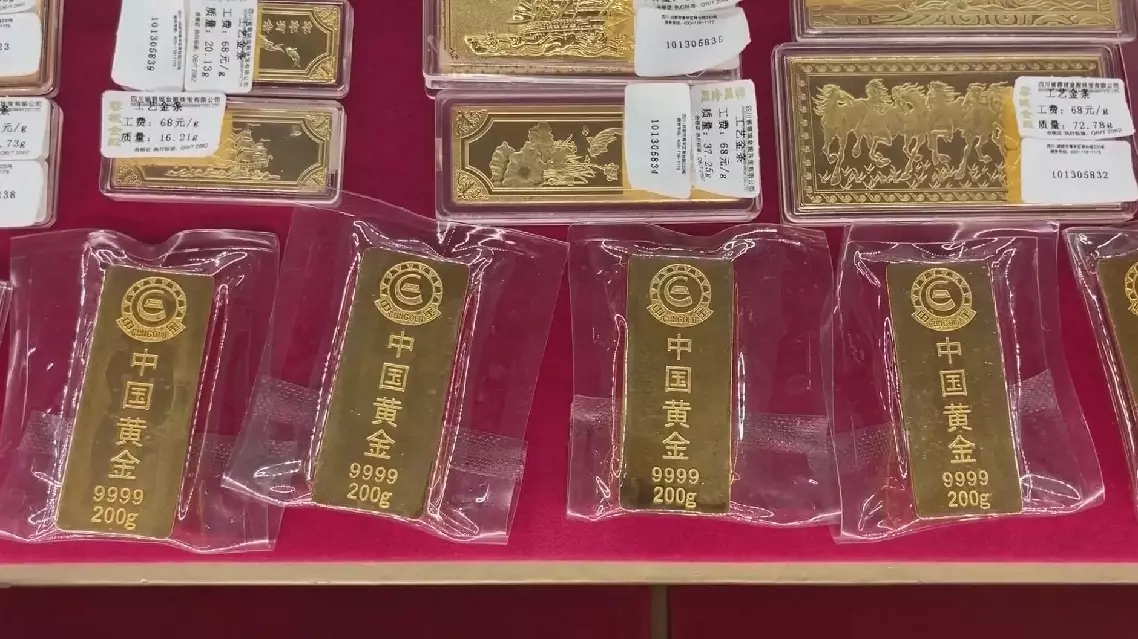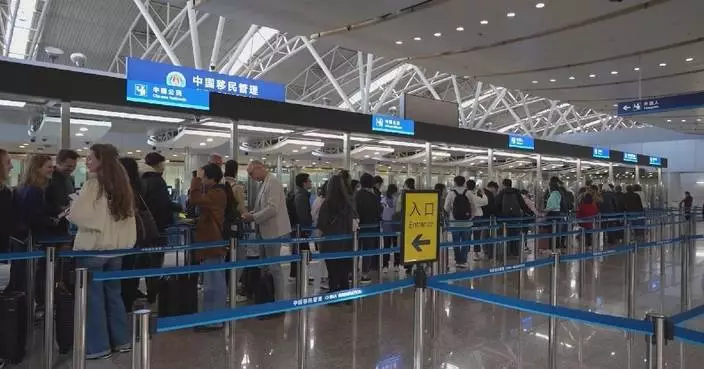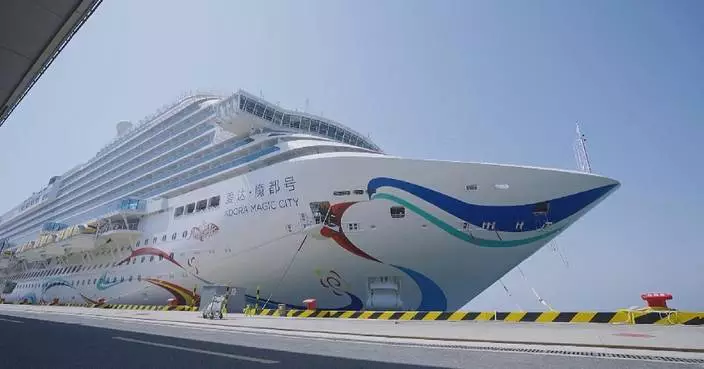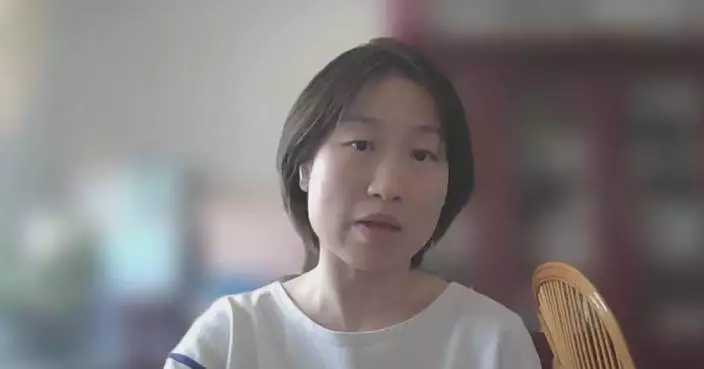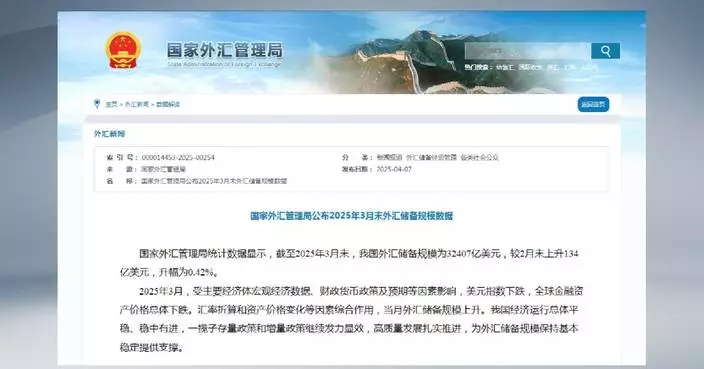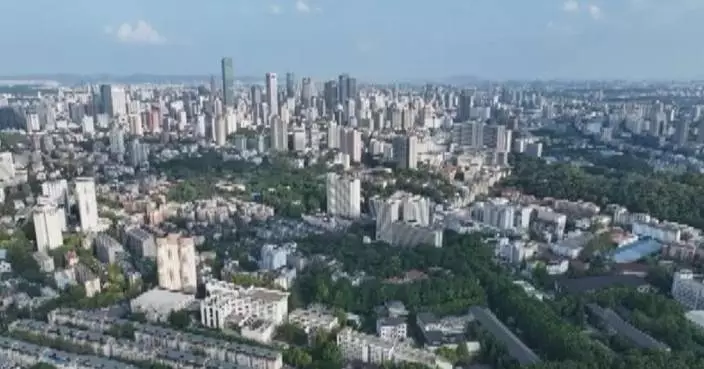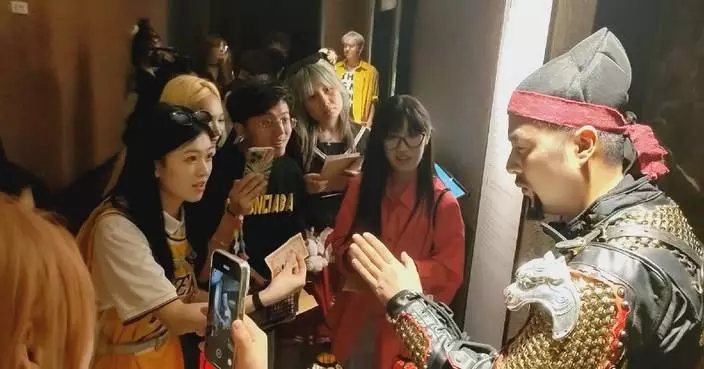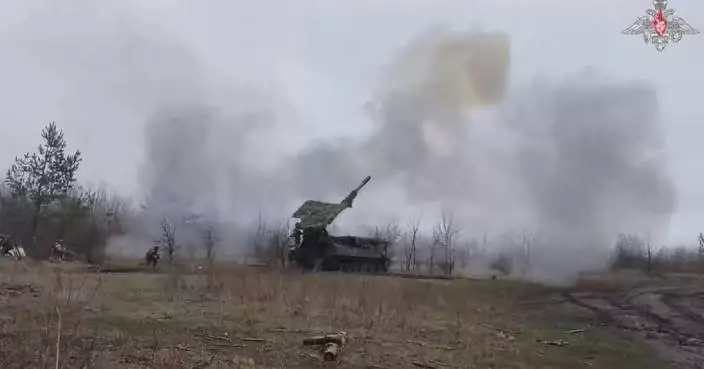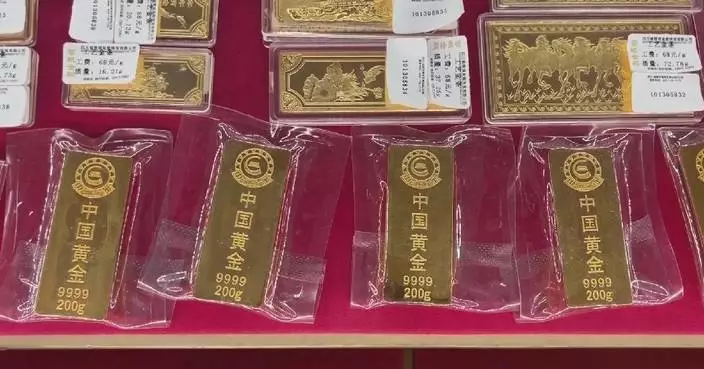Taiwanese business and youth representatives have criticized leader Lai Ching-te's depiction of the mainland as a "hostile external force" and his 17 strategies, claiming they jeopardize democracy and threaten Taiwan's long-term development.
Lai's 17 strategies, which include restrictive measures on mutual visits by Taiwan and mainland residents as well as on cultural, academic and religious exchanges, have been framed as a response to perceived threats facing the island.
In an exclusive interview with China Global Television Network (CGTN), two representatives from Taiwan expressed strong opposition to Lai's stance, emphasizing that his policies have instilled fear among the people in Taiwan and are detrimental to its long-term growth.
"Lai Ching-te's designation of the mainland as a 'hostile foreign force' places Taiwan in a dangerous situation and is even more detrimental to its long-term development. How can a region lacking security and stability achieve sustainable growth? This will also negatively impact cross-Strait relations. Taiwan should be relying on the mainland market, and obstructions and restrictive policies will only cause temporary problems; they cannot stop the inevitable trend of deeper cross-Strait integration," said Chien Chun-nan, vice supervisor of the Association of Taiwan Investment Enterprises on the Mainland.
Wang Yu-Ching, an internet influencer from Taiwan, pointed out that Lai's 17 policies have instilled fear in Taiwan. He also criticized the Democratic Progressive Party (DPP) authorities for suppressing public dissent, saying that such actions directly contradict the principles of democracy.
"Right now, in Taiwan society, after Lai Ching-te said the 17 policies, the people in Taiwan are kind of scared because the green terror is coming into their lives. For example, if a person says "I want reunification for China" in public. What will happen? Lai Ching-te's regime will be using a lot of governmental resources to abuse those people, punish and also they will try to destroy these voices. I think that's really against democracy value," Wang said.
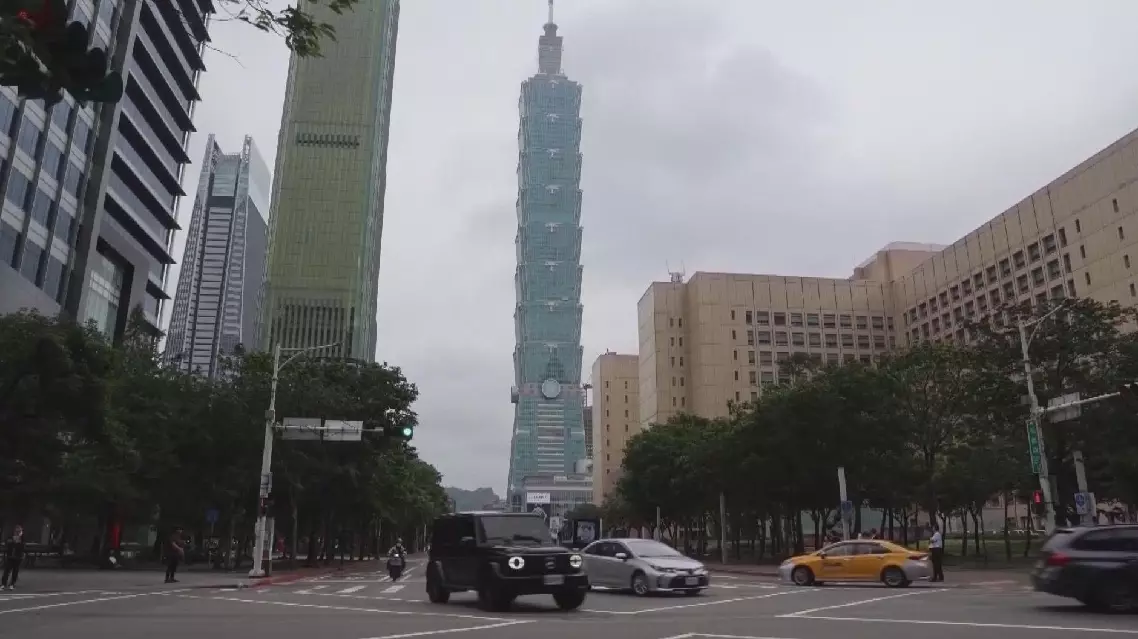
Lai Ching-te's mainland stance sparks criticism from Taiwan's business, youth leaders



